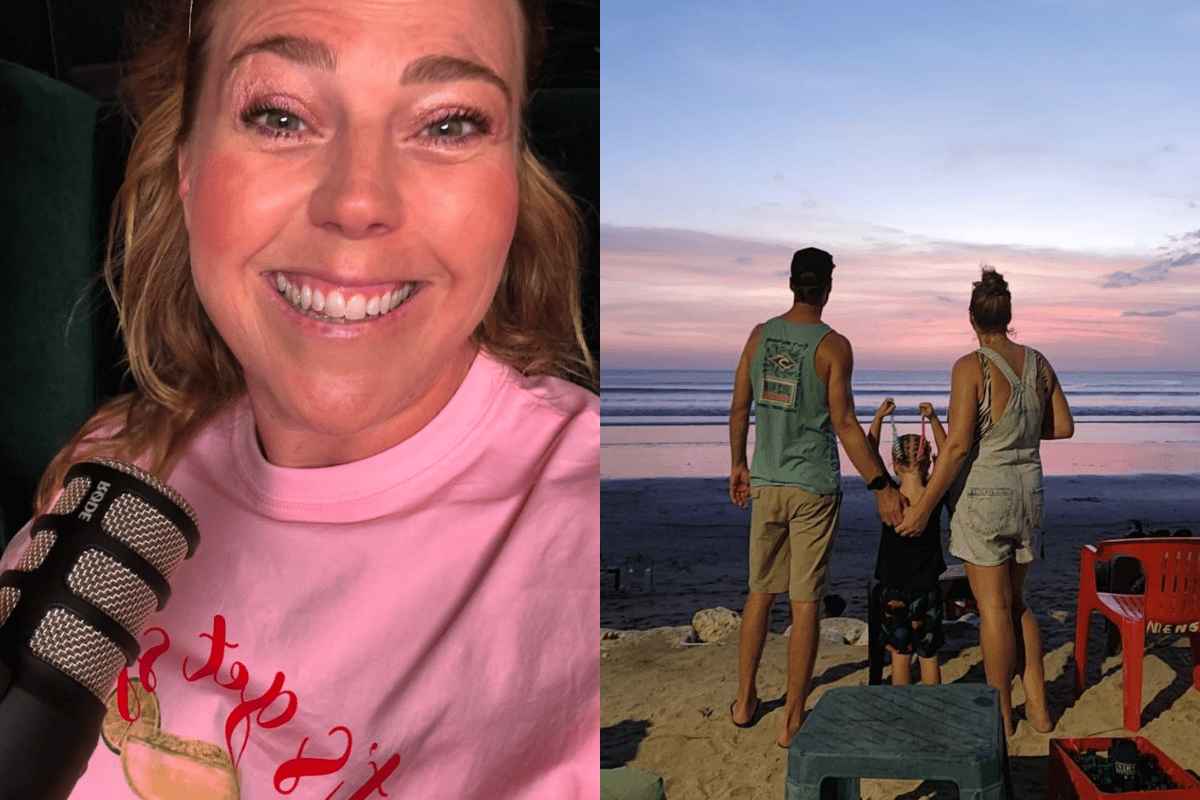
Late last year, my five-year-old son was out with his grandma, heading to the Christmas pageant in Perth.
When they arrived at the train station, a stranger approached them.
He smiled and said hello to my little boy, then turned to my mother-in-law and said, "I follow Heidi on Instagram."
That was it, nothing more, nothing less.
But when my mother-in-law told me about it later, something in me shifted.
Watch: 'Where My Moms At?' Podcast host Christina P shares her thoughts on posting her kids. Post continues below.
I've had a public profile for years — across radio, TV, podcasts and social media. I'm used to people recognising me and even my family, but this was the first time someone recognised my son and I wasn't there.
I felt shame instantly when she told me. Had I not been protecting my son like I thought I had?
The moments I've shared, the stories I've told, had unintentionally become his too, and I hadn't fully considered what that meant until now.
This moment changed everything for me.
For years, I've shared my motherhood journey openly. I've always done it with pure heart and honesty, the highs, the lows, the shitty and glorious moments we have as parents, but suddenly, I saw it differently.




























































































